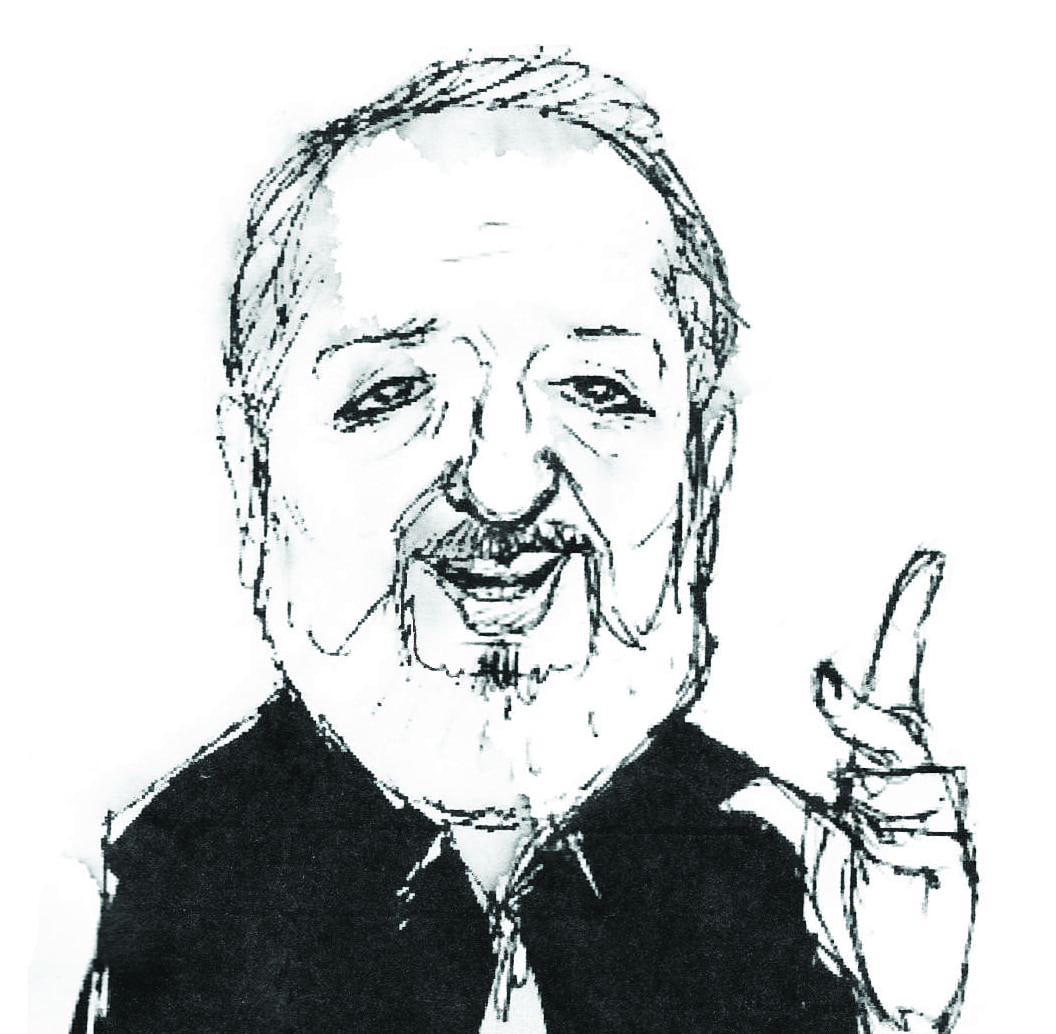Role Reversals

Commentary by Steve Effros
Remember when, for however long it’s been that we’ve been caterwauling about “net neutrality,” that the industry loudly complained that those seeking new regulations were doing so based on fear, not on facts? There’s certainly a lot to that argument. While it’s true companies providing broadband service have gotten very big, and the Internet has become a vital part of many lives, there has been no showing, anywhere, anytime of significant abuses of the “free, open Internet.” Yet those calling for regulation stood firm saying that there was legitimate fear that those “big” companies could “take over” the Internet, or somehow “capture” it… they had to be stopped. The engine for their apparent lobbying success was fear.
Now that they seem to be on the brink of an initial significant change in the government’s position—at least as to what powers the FCC can use, and in what ways, to regulate broadband—it’s the industry that has adopted the “fear” mantra. It’s fear of rate regulation, fear of stifling paperwork, fear of massive governmental intrusion that will result in constrained venture capital and so on. In other words, we have just changed places with the folks who loudly said we were wrong when we accused them of trading on fear!
Now the FCC Chairman says not to worry, that rate regulation is off the table, that much of the paperwork will not apply, that the only real provisions being invoked are those which guarantee transparency, no blocking, no throttling, no “paid prioritization” and the like, which are concepts the industry has not had any problem with for a long time. To be sure, the theoretical power to act will change, but, says he, our fears are unfounded, because, just like we said before, while the power may in some way be there, there is no evidence it has been used in any inappropriate or injurious way, so stop trading on fear!
Quite a role reversal. Just like the one we witness when the same folks who are now calling for significant federal power over the Internet because they fear the power of big companies also scream loudly about big government (NSA, for instance) interference in the freedom and privacy of the Internet! It all comes down to the question of “who do you trust?” And obviously, the associated question, trust for what?
Frankly, I’m not sure I trust either side! I have seen the warping effect the stock market has had on corporate decision making. I’ve also seen the excesses of government regulation resulting in the exact opposite of “the public interest,” even when good intentioned folks were trying to do “the right thing.” I guess the major difference is that when the corporate heads make decisions that allegedly violate ”the public interest,” they are doing it intending to benefit another “public,” their stockholders. When, in most cases, the government bureaucrats, regulators and politicians do it, they usually fall into the trap of “unintended consequences” of excess action spurred by excess power. Neither is a good outcome.
But for now, the rhetorical roles are reversing. The “fear factor” moves from the “public interest” advocates fearing the power of bigness to the industry fear of government excess. We have to watch out for both, but in reality, right now, even with the FCC’s imminent moves, the “fear” is mostly just that, “fear.” Nothing much has really changed. The big ISPs will still be big, and get bigger, and the government will get more powerful. We should probably fear both.